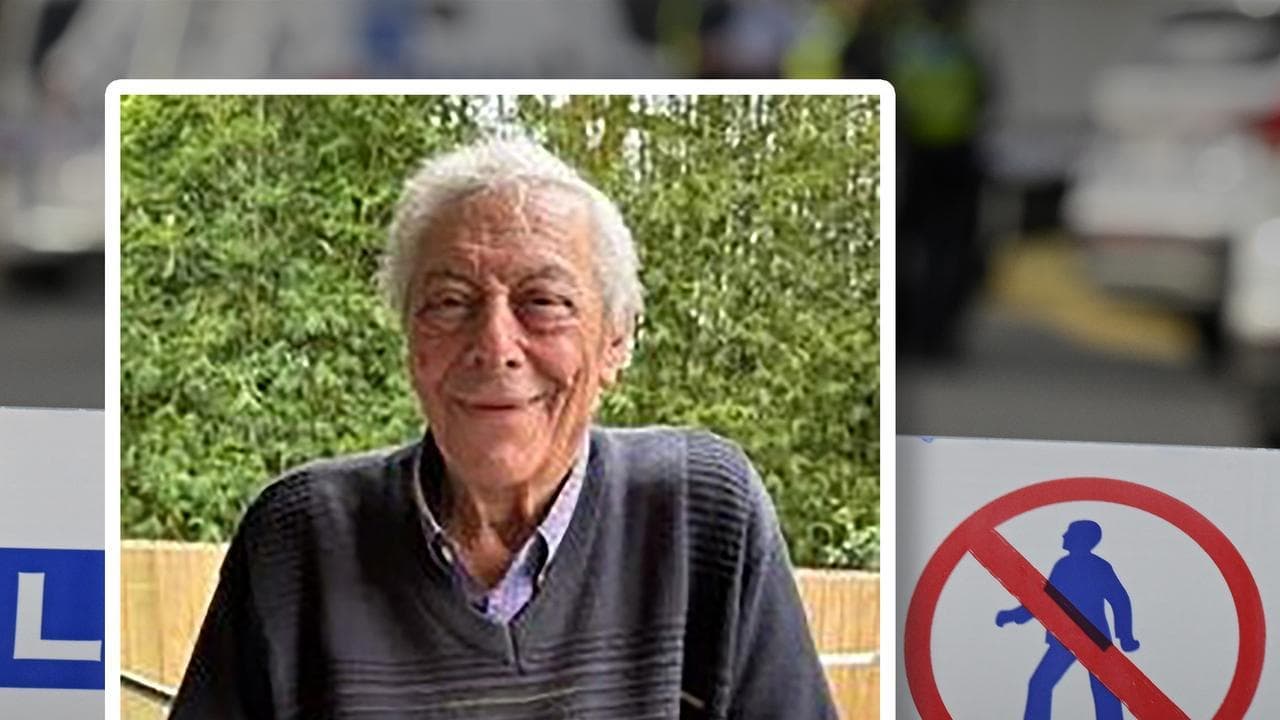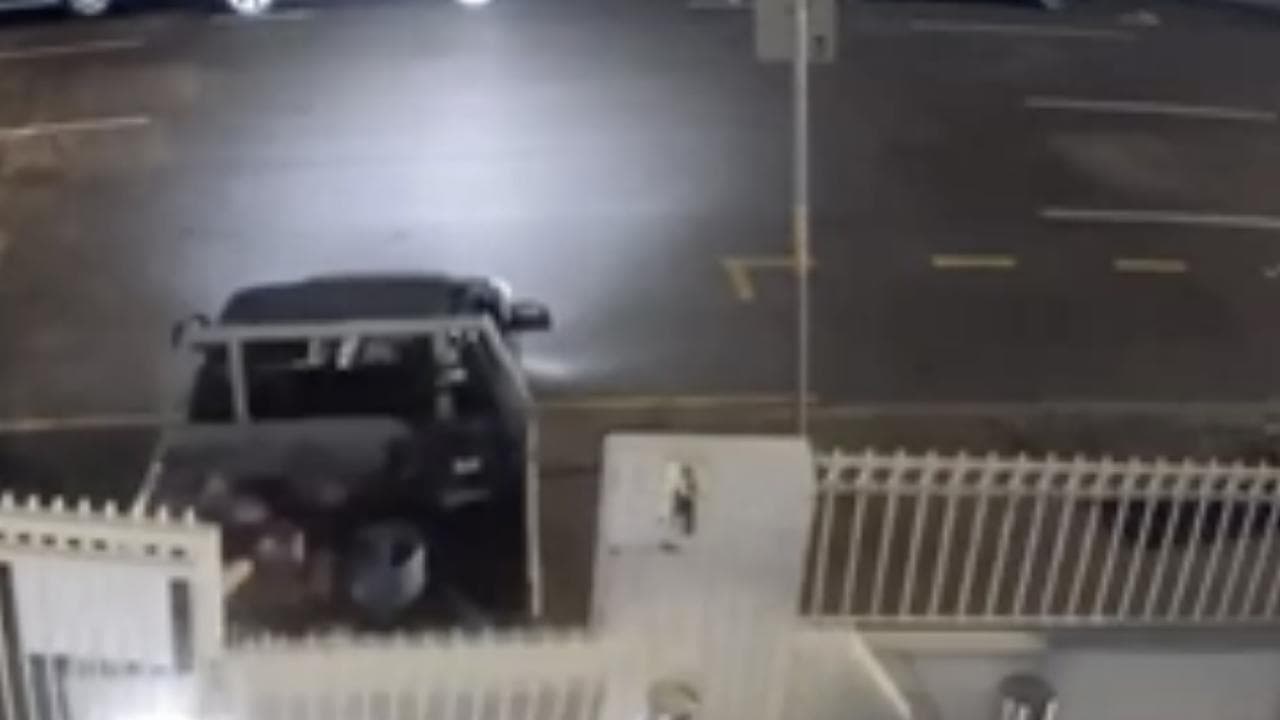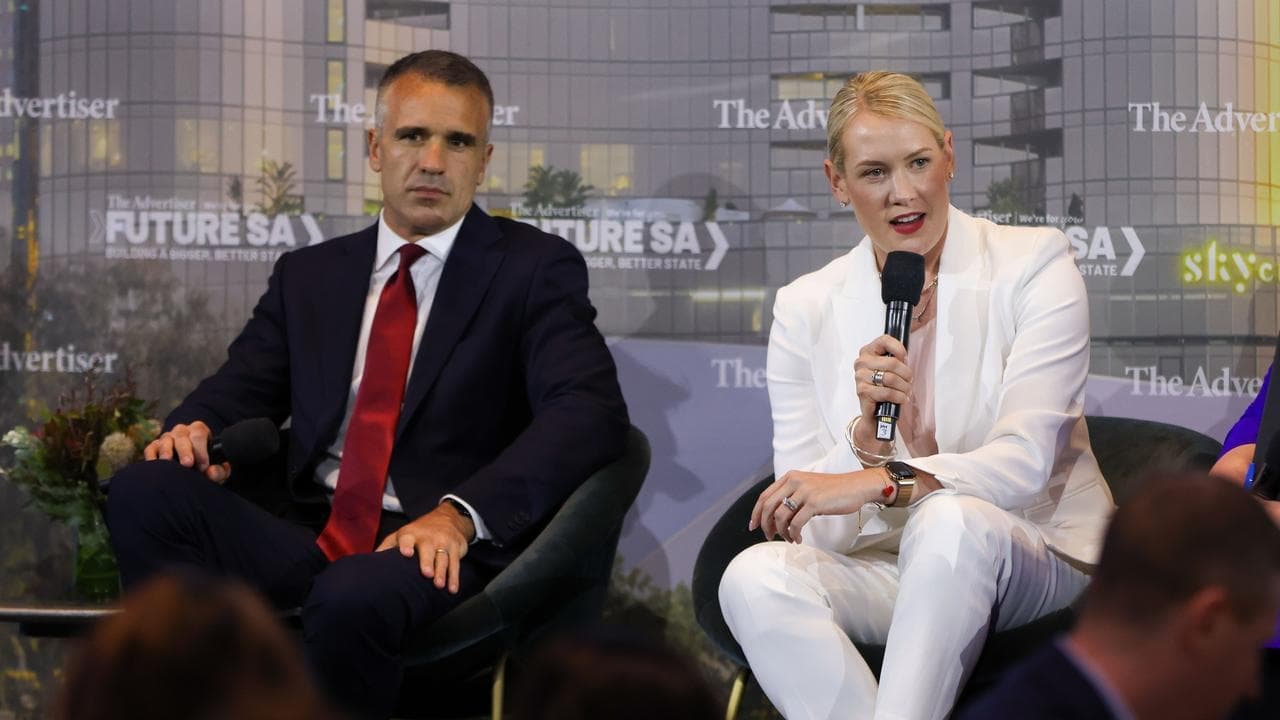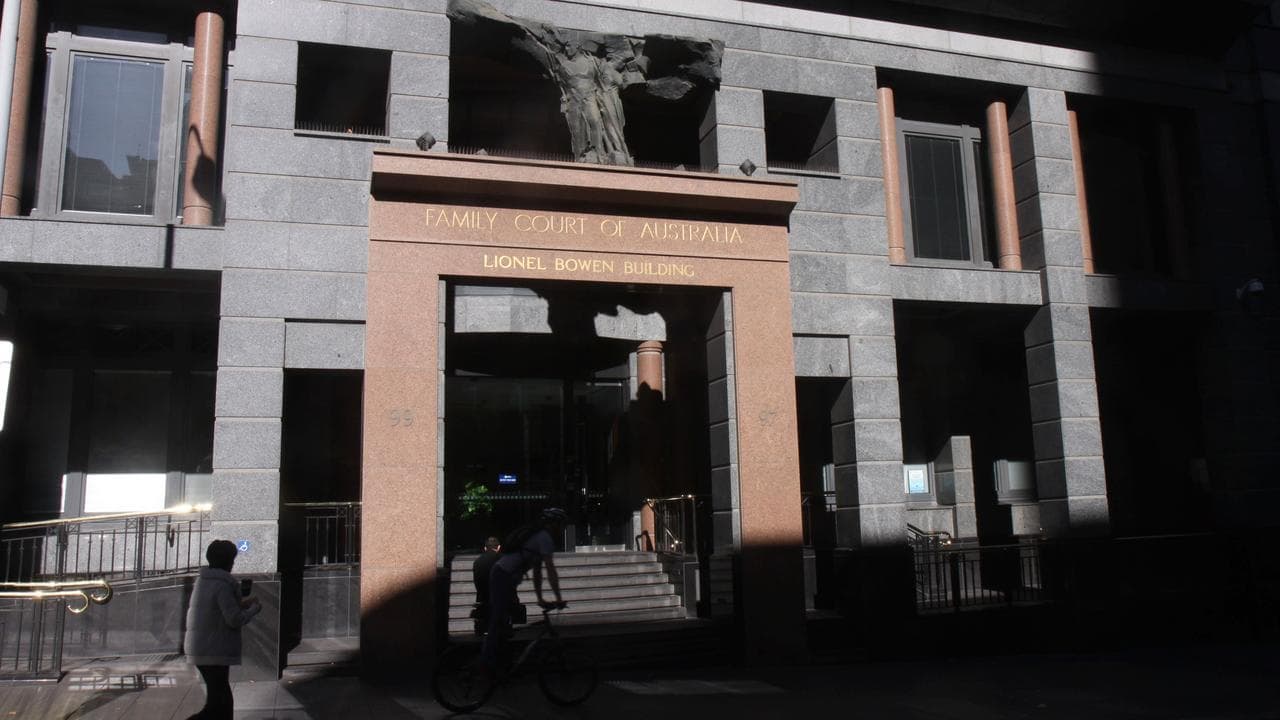The Statement
Multiple social media accounts have attributed a quote to NSW Police Assistant Commissioner Tony Cooke in which he purportedly says people may be arrested for shoe-shopping during Sydney's COVID-19 lockdown.
An Instagram post from July 9 includes an image of Mr Cooke and the following words credited to him: "If you buy things we think you don't need, for example a new pair of shoes, we will arrest you."
The post includes the caption: "Yes it's real, the clip can also be found from yesterday's NSW Police conference regarding the COVID-19 police force crackdown in Western Sydney."
At the time of writing, the Instagram post had received more than 4,500 likes. The quote meme has also been posted to several Facebook accounts including here, here and here.
On July 10, federal MP Craig Kelly - whose Facebook page was removed in April after the company accused him of repeatedly sharing misinformation - posted the quote on Twitter with a comment: "When in history, other than in the most totalitarian regimes, has the police decided whether people need new shoes our not ? I'm embarrassed to say I live in NSW. We are a laughing stock."

The Analysis
The Instagram post published on July 9 claims that Mr Cooke made the statement at a NSW Police press conference held the previous day. However, a video of the July 8 press conference shows Mr Cooke did not say the words attributed to him when he briefly mentions shoe-shopping.
Rather, when responding to a journalist's question about whether police will enforce NSW's lockdown rules at shopping centres, he says: "The question will be asked ... what's your reasonable excuse for being here? You don't need that pair of shoes today." (video mark 5min 40sec)
Mr Cooke's comment was reported across multiple news outlets - see here, here and here. AAP FactCheck could find no evidence that he used the phrase attributed to him in the social media posts at the July 8 press conference, or in any other public forum.
At the time of writing, the COVID-19 restrictions for Greater Sydney state that only one person per household may leave their home each day to shop for food or other goods and services. Under "rules for leaving home", it states for shopping: "Go directly to and from the shops to get what you need. Do not spend time looking at other things."
NSW Police's website reports numerous examples of $1,000 fines being issued to people who fail to comply with the current lockdown restrictions (see here, here, here and here).
A NSW Police spokesperson told AAP FactCheck in an email that "the quote in the Instagram post is incorrect", and confirmed it is likely a misquote of comments made by Mr Cooke at the July 8 press conference.
"As per NSW Health's Public Health Orders, NSW Police have been urging the community to not leave home without a reasonable excuse, with browsing in shops prohibited," the spokesperson added.
Daily Mail Australia reported on July 10 that one Facebook post identified police as checking bags outside a Kmart store in south-west Sydney to confirm people's reason for travel, however a NSW Police spokesperson told the publication that officers attended "for other reasons".
"Checking shopping bags is not part of the COVID police operation," the spokesperson said.

The Verdict
NSW Police Assistant Commissioner Tony Cooke did not say the words attributed to him in the social media posts. The meme inserts the words "if you buy things we think you don't need" and "we will arrest you", which markedly exaggerates Mr Cooke's response at a July 8 press conference to a question on shopping during the lockdown.
False – Content that has no basis in fact.
AAP FactCheck is an accredited member of the International Fact-Checking Network. To keep up with our latest fact checks, follow us on Facebook and Twitter.












